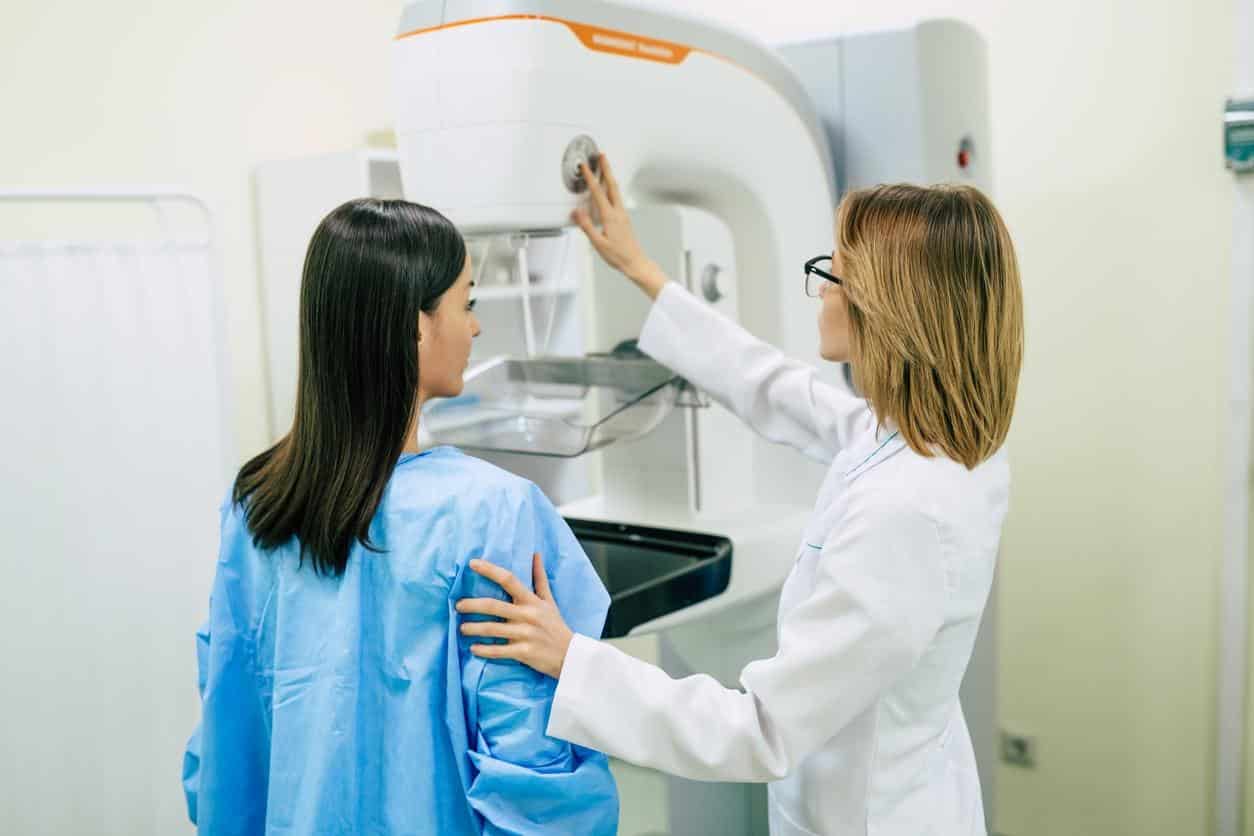While breast cancer is the most common cancer in women in the United States, accounting for about 30% of all new female cancers each year, there are still many myths circulating online about this form of cancer.
Unfortunately, this means that it can be pretty difficult to separate fact from fiction when trying to make informed decisions about your health.
To help you better understand breast cancer and what you need to know to get an early diagnosis, keep reading as we look at, and debunk, a few of the most common breast cancer myths.
Myth #1: Only Those With a Family History Will Develop Breast Cancer
One of the most common breast cancer myths is that you only have to worry about breast cancer if there is a family history of the disease.
However, the reality is that it is believed that only 5-10% of breast cancers are hereditary, and over 2/3rds of people who receive a breast cancer diagnosis have no family history of the disease. While much is still unknown about why one person gets breast cancer and another doesn’t, the biggest risk factor is being a woman and growing older.
However, while anyone can get breast cancer, a strong family history of breast factor is still something that should be taken seriously, and it is something that you should discuss with your doctor.
Myth #2: Wire Bras and Deodorant Can Increase Breast Cancer Risk
Another myth that circulates frequently on social media is that using antiperspirant, or wearing a wire bra, can increase one’s risk of developing breast cancer.
The theory goes that the aluminum in many antiperspirants is absorbed into the lymph nodes and makes its way into breast cells, increasing the risk of cancer. However, researchers have found no credible evidence to support this claim.
Similarly, theories often spread on social media claiming that wearing an underwire bra can increase breast cancer risk because the underwire restricts the flow of lymph fluid, causing toxic matter to build up in the breast. However, a 2014 study conclusively debunked this theory and demonstrated that there is no link between wearing a bra and developing breast cancer
Myth #3: Breast Cancer Always Causes a Lump You Can Feel
Many people are under the impression that breast cancer always causes a lump that can be felt during a self-examination, and some people even use this as an excuse to skip their regular mammograms.
However, the fact is that breast cancer doesn’t always cause a lump, and by the time it does, cancer may have already spread to the lymph nodes. Additionally, while it is important to see your doctor if you discover a lump during a self-exam, it is important to remember that a lump doesn’t always mean cancer as there are many non-cancerous breast conditions that can cause a lump to form in breast tissue. This is why regular screenings play such a critical role in catching and treating breast cancer early.
Myth #4: Mammograms Don’t Work and Can Spread Cancer
Unfortunately, while mammograms are one of the most effective ways to catch breast cancer in its early stages (when treatment is most successful), there are still many myths about the effectiveness and safety of these screenings.
In fact, there is a common myth that the compression and radiation experienced during a mammogram can actually cause breast cancer to develop or spread. However, the reality is that these claims are unfounded, as the radiation a person is exposed to during a mammogram is extremely low, and compressing the breast during a mammogram would not cause any existing cancer to spread.
Ultimately, the benefits of mammograms significantly outweigh any potential risks, and regular screenings are critical in detecting cancer as early as possible.
Knowing the facts about breast cancer can help you better understand your cancer risk, and it can help you make informed decisions about screening and treatment options.
Ultimately, getting screened regularly is critical in ensuring you catch a potential cancer diagnosis as early as possible. If it has been a while since you have had a mammogram, schedule a screening today by visiting our website.


